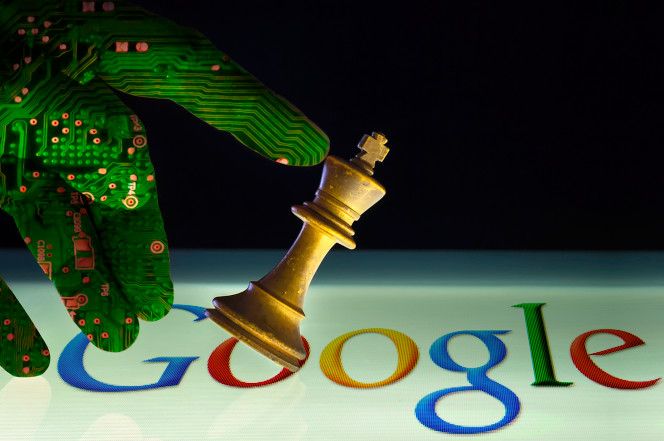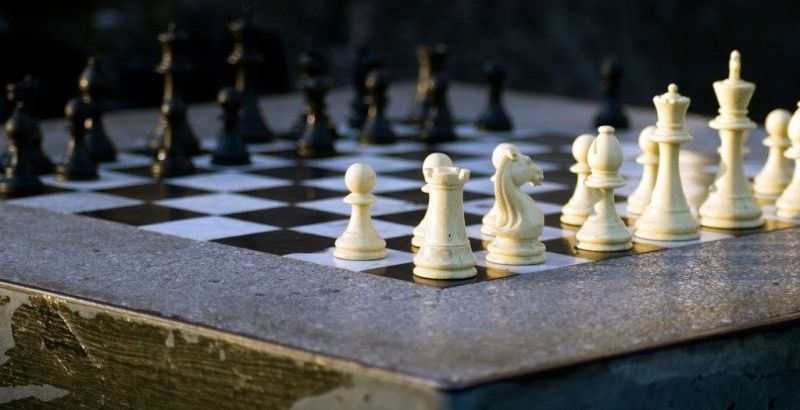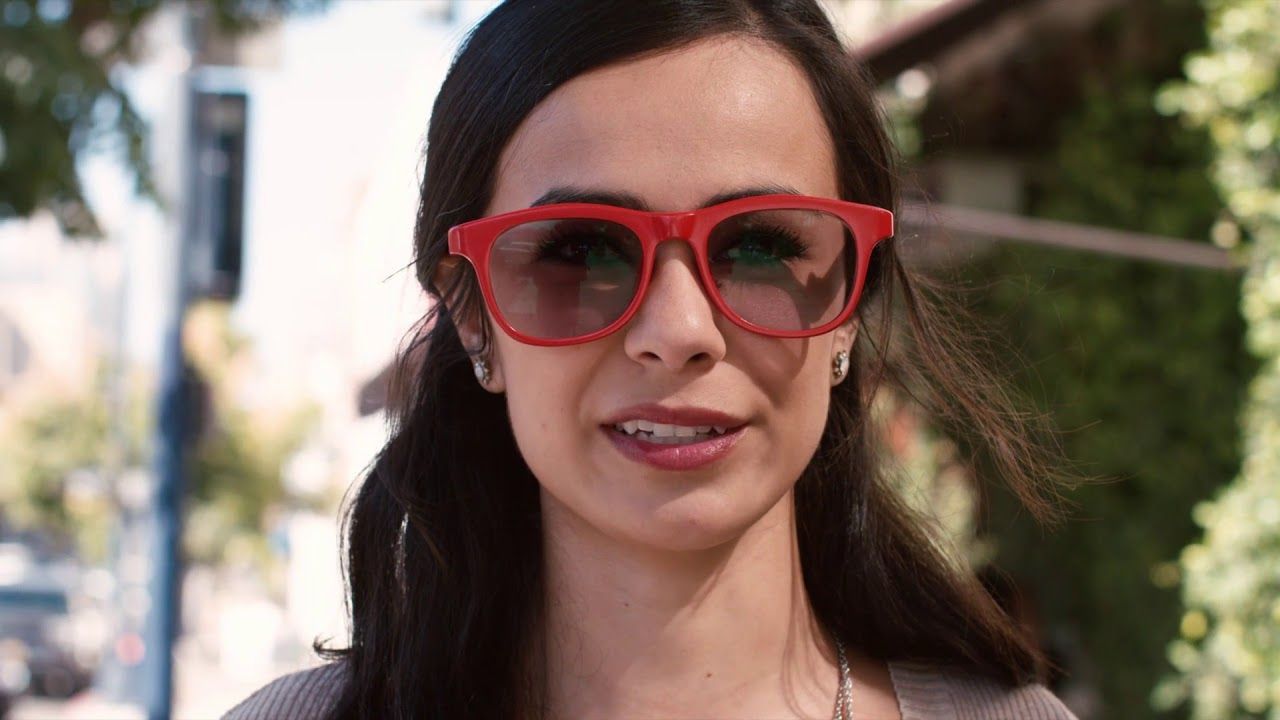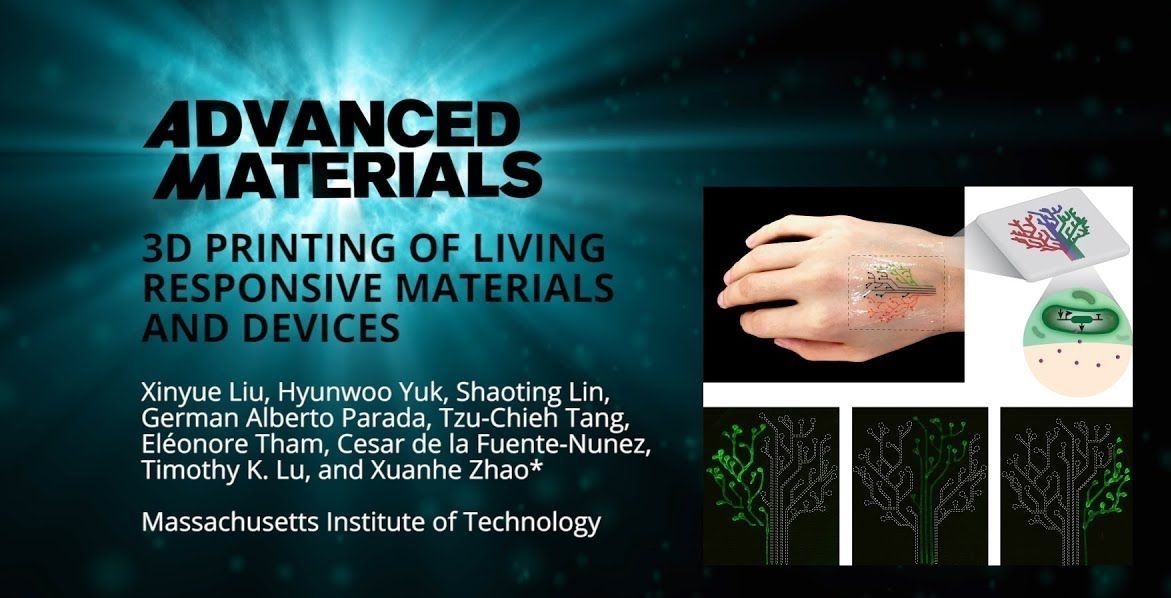
In the mid-1900s, art historian Maurits Michel van Dantzig developed a system to identify artists by their brush or pen strokes, which he called Pictology. Dantzig found shape, length, direction, and pressure all contributed to a kind of stroke signature, unique to each artist.
New research with contributions from The Hague suggests that Pictology might be the key to helping machines understand art, allowing systems to quickly verify whether brushstrokes were from an original painter or a forger.
After analyzing 80,000 brushstrokes from 297 digitized sketches and drawings, an AI system was able to spot forged drawings in the style of Pablo Picasso, Henri Matisse, and Egon Schiele with 100% accuracy. The “fakes” were commissioned recreations of specific drawings, which the algorithms had not been shown previously.
Continue reading “This AI algorithm probably means the end of high-end art forgeries” »



 Dear Reader: I believe in Bitcoin. Yet, there is a “But” in the last paragraph below…
Dear Reader: I believe in Bitcoin. Yet, there is a “But” in the last paragraph below…














